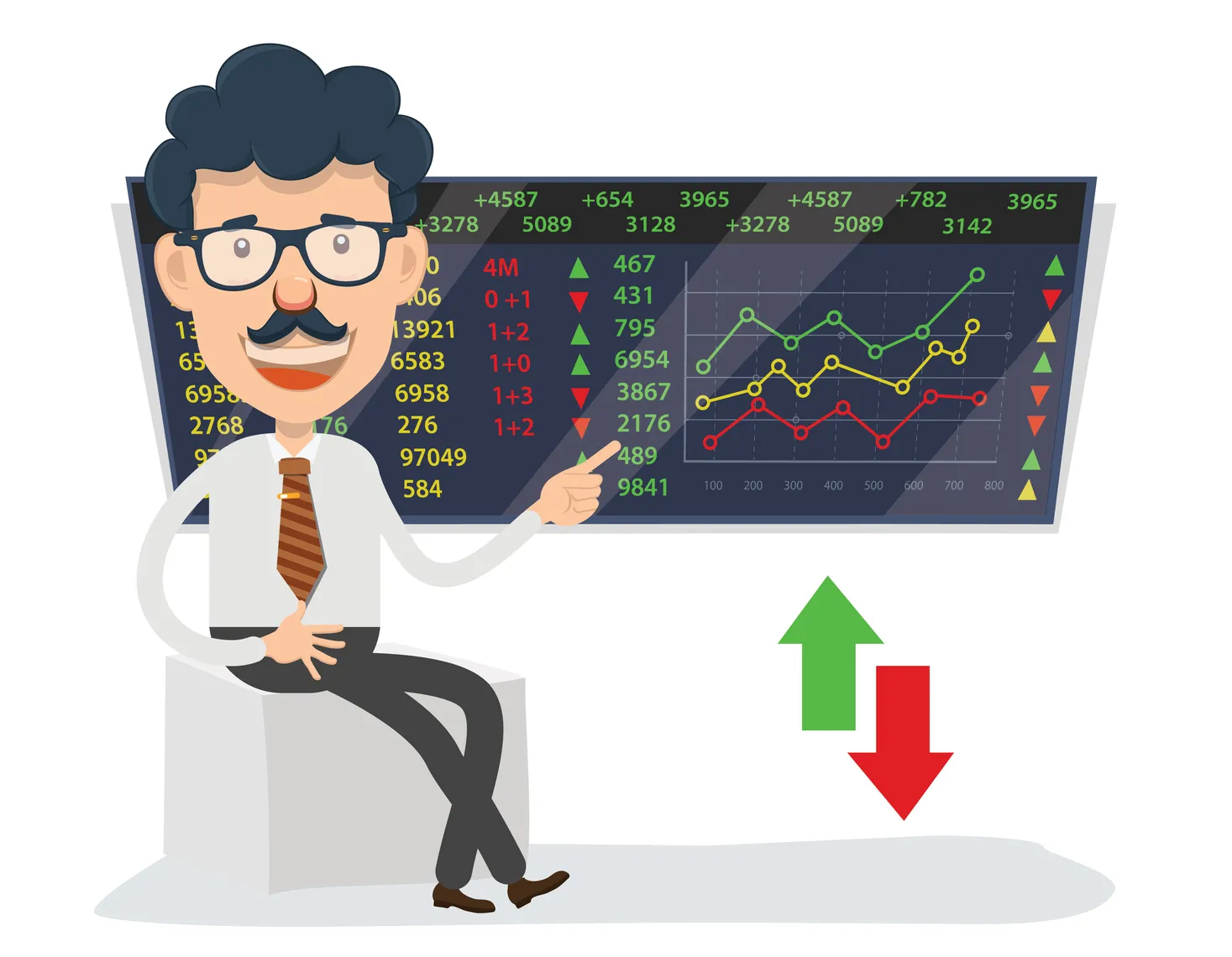What is price change?

Price change describes the difference in price of the same asset during a trading period. That period is usually a single day's trading, but price changes can be computed across months, years and other lengths of time.
Key takeaways
Price change describes the difference in price of an asset during a trading period, typically measured between opening and closing prices over a single day, month, year, or other timeframe.
The upward or downward movement of an asset is a key indicator of investment strategy success, making price change monitoring an essential activity for all investors.
Price change can be measured at various points during a trading session to inform and guide specific trading strategies such as momentum investing and similar approaches.
Over the longer term, price change is one of two key factors determining total return from an asset, with the other being dividend payments or other income generated.
Where have you heard about price change?
As an investor, you will find it difficult to avoid hearing about price change. The movement up or down of the asset in question is a key indicator of the success or otherwise of your investment strategy.
What you need to know about price change.
Price change measures a rise or fall in the price of an asset over a specific period, such as the difference between the opening and closing price of an asset during the course of a trading session. Sometimes, price change is measured at some point during a session in order to inform trading strategies such as momentum investing. Over the longer term, the change in the price of a security is one of the two key factors in the total return from an asset, the other being the level of dividend payments or of any other income that it generates.
Find out more about price change.
Price change measures the rise and fall of an asset traded on an investment exchange. Learn more about investment exchanges here.